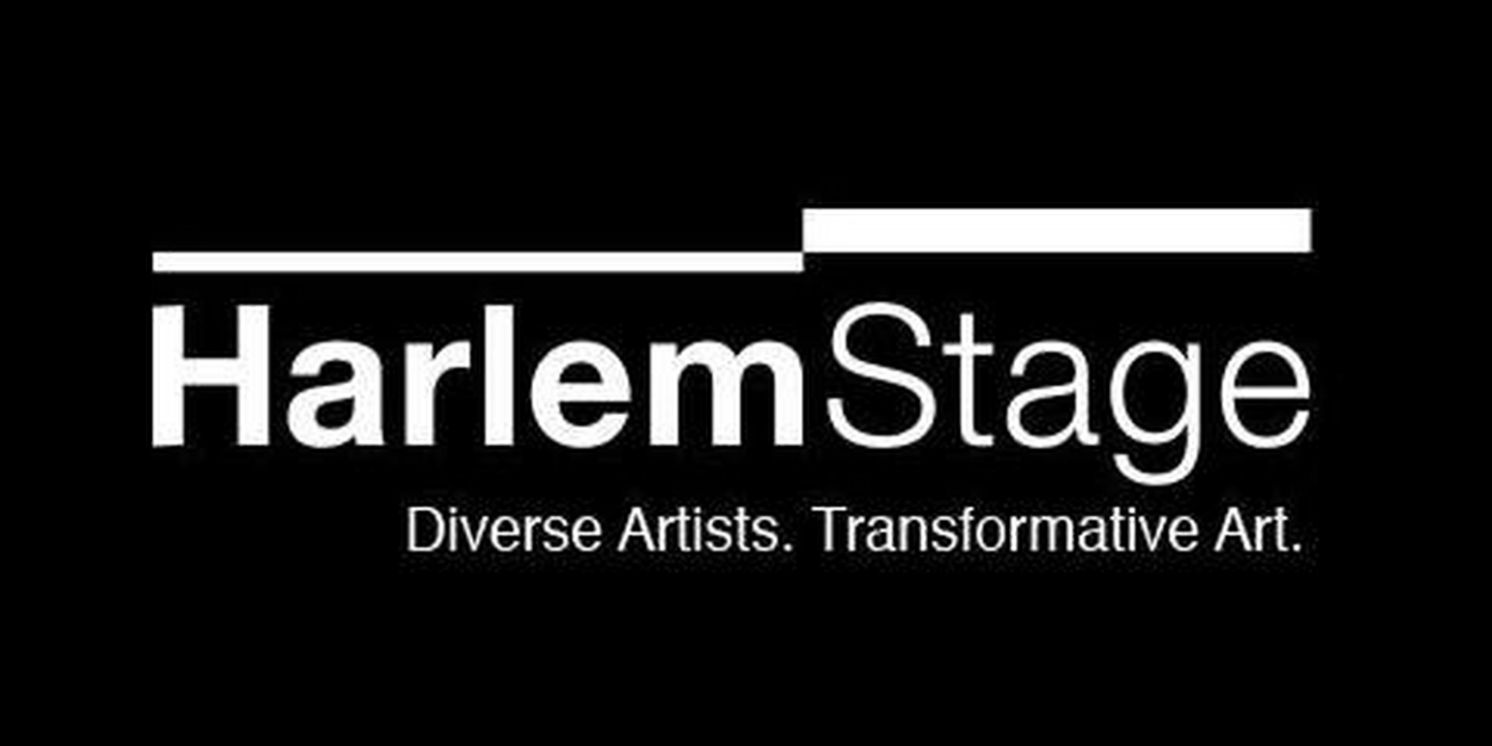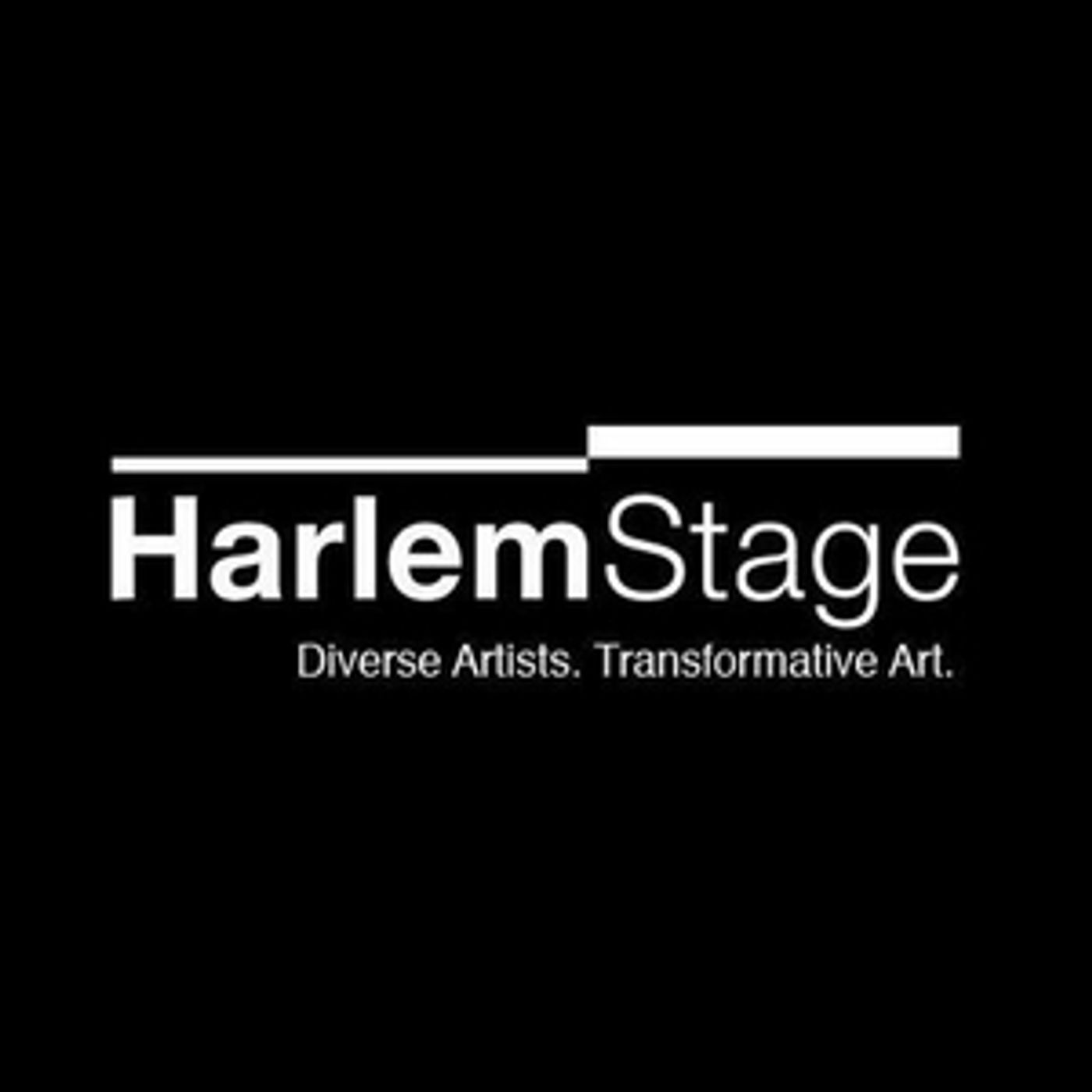Thulani Davis, Wadada Leo Smith & the Kikuyu Ensemble to Join a Nights of Poetry and Music at Harlem Stage
Presented in collaboration with Blank Forms, the event will take place January 27 & 28 at 7:30pm at the Harlem Stage Gatehouse.


Harlem Stage is continuing its season-long series Black Arts Movement: Examined with an evening convening playwright, journalist, librettist, novelist, poet, and screenwriter Thulani Davis; Pulitzer Prize-nominated trumpeter and composer Wadada Leo Smith; and Smith's Kikuyu Ensemble. The musicians will engage with Davis' works Nothing But the Music and The Emancipation Circuit. Presented in collaboration with Blank Forms, the event will take place January 27 & 28 at 7:30pm at the Harlem Stage Gatehouse (150 Convent Avenue, New York).
Performing on January 27 & 28 are Wadada Leo Smith (trumpet, digital piano), Thulani Davis (poetry recitations), Ashley Walters (cello), Erica Dohi (piano and electronic keyboard), and Pheeroan akLaff (drums).
Thulani Davis, an interdisciplinary scholar, mentored artists including writer and musician Greg Tate, and collaborated with artists including Laurie Carlos, Jessica Hagedorn, and Ntozake Shangé. She also wrote for The Village Voice for more than a decade, becoming a Senior Editor for the publication. Davis is one of several women poets connected to the Black Arts Movement, whose work continues to breathe impressionistic life into the Black Arts Movement's sonic-social history.
For the last five decades, Wadada Leo Smith has been a member of the historical and legendary AACM collective, one of the pioneering ensembles of the Black Arts Movement. He distinctly defines his music as "Creative Music," and his diverse discography reveals a recorded history centered around important issues that have impacted his world. Smith is a recipient of the 2016 Doris Duke Performing Artist Award and the Hammer Museum's 2016 Mohn Career Achievement Award.
Black Arts Movement: Examined is supported by the Mellon Foundation.
About Harlem Stage
Harlem Stage is the performing arts center that bridges Harlem's cultural legacy to contemporary artists of color and dares to provide the artistic freedom that gives birth to new ideas.
For nearly 40 years, the organization's singular mission has been to perpetuate and celebrate the unique and diverse artistic legacy of Harlem and the indelible impression it has made on American culture. Harlem Stage provides opportunity, commissioning, and support for visionary artists of color, makes performances easily accessible to all audiences, and introduces children to the rich diversity, excitement, and inspiration of the performing arts.
Harlem Stage fulfills its mission through commissioning, incubating, and presenting innovative and vital work that responds to the historical and contemporary conditions that shape our lives and the communities the organization serves.
With a long-standing tradition of supporting artists and organizations around the corner and across the globe, Harlem Stage boasts such legendary artists as Harry Belafonte, Max Roach, Sekou Sundiata, Abbey Lincoln, Sonia Sanchez, Eddie Palmieri, Maya Angelou, and Tito Puente, as well as contemporary artists like Mumu Fresh, Jason "Timbuktu" Diakité, Christian Scott aTunde Adjuah, Tamar-kali, Vijay Iyer, Mike Ladd, Meshell Ndegeocello, Jason Moran, José James, Nona Hendryx, Bill T. Jones, and more. Harlem Stage's education programs serve over 2,300 New York City school children each year.
Harlem Stage's investment in this visionary talent is often awarded in the early stages of many artists' careers, and the organization proudly celebrates their increasing success. Five members of its artist family have joined the ranks of MacArthur "Genius" Fellowship awardees: Kyle Abraham (2013), Vijay Iyer (2013), Jason Moran (2010), Bill T. Jones (1994), and Cecil Taylor (1991).
Harlem Stage is a winner of the Association of Performing Arts Presenters William Dawson Award for Programming Excellence and Sustained Achievement in Programming.
About Blank Forms
Blank Forms is a nonprofit organization supporting emerging and historically significant artists who produce work across disciplines, often rooted in traditions of experimental and creative music. We aim to establish new frameworks to preserve, nurture, and present these artists' work and to build platforms for practices underrepresented in art's commercial, institutional, and historical fields. Blank Forms collaborates with artists on commissions, exhibitions, publications as well as archival and estate projects within contemporary cultural ecosystems and in perpetuity. In presenting and documenting this work, Blank Forms seeks to foster an artistic community founded upon engaged and equitable conversations across continents, media, and generations.
Videos

